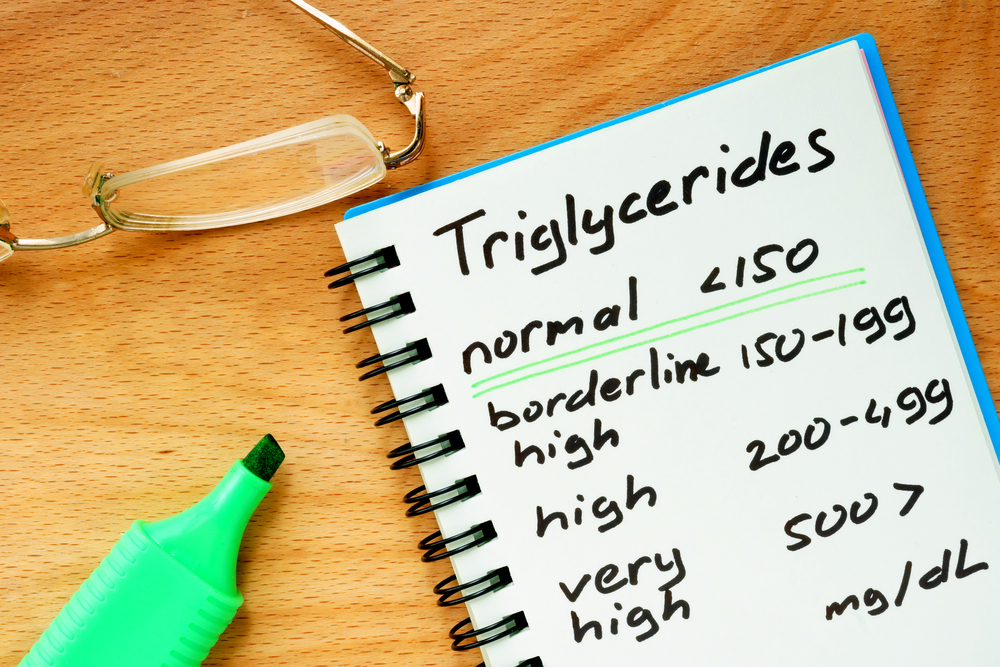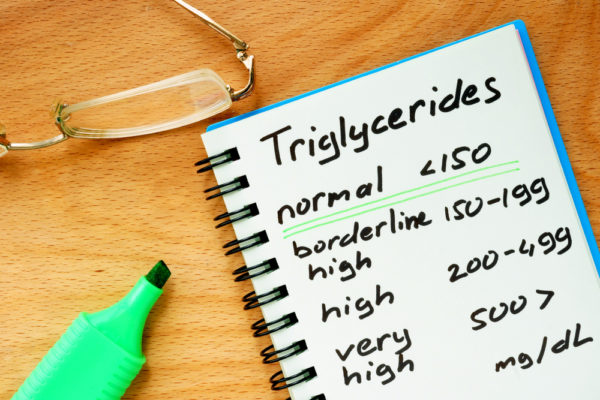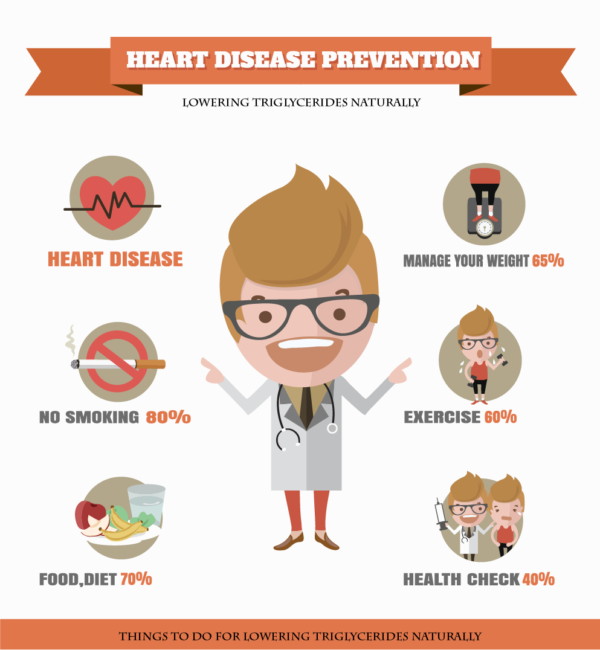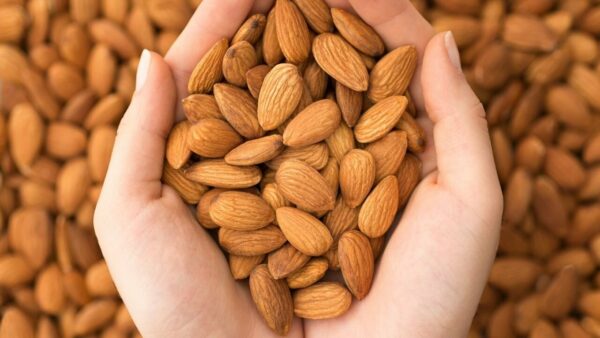Extra calories that our body don’t need is converted into triglycerides and stored in fat cells so that they can be used later to generate energy when required.
High triglycerides, however, increase the risk of coronary heart diseases. Also, high triglycerides is associated with metabolic syndrome and type 2 diabetes.
What are the causes of high blood triglycerides
- Obesity
- Regular intake of alcohol
- Uncontrolled diabetes
- High-calorie diet. A diet is rich in refined carbs and fat.
- Medicines such as diuretics, thiazides, anabolic steroids and beta-blockers.
- Sedentary lifestyle
- Type-2 diabetes
- Heredity
To prevent the risk of cardiac diseases the optimal level of triglycerides should be between 100-150mg/dl. The individual in whom the level of triglycerides rises above 200-300mg/dl are at high risk of developing vascular diseases and need to take some action.
Read this article until the end and explore how to lower blood triglyceride level.
Things to do for Lowering triglycerides naturally
- Lose weight– Just decreasing 5-10 percent of your body weight will reduce the level of triglycerides by about 20 percent. Your goal should be to sustain weight loss for the extended period.
- Make changes in your diet- A healthy diet plays a vital role in keeping triglyceride level under control.
- Animal products, fast foods, packed foods and commercially packed foods are rich in trans fats and saturated fats. Better avoid them or limit their intake.
- Use healthy polyunsaturated and monosaturated fats such as canola oil and olive oil for cooking.
- Replace meat with chicken, beans, peas soy for protein requirement.
- Take Omega-3 fatty. Omega-3 fatty acids are good fats. Food sources rich in omega-3 are sardines, tuna, trout, salmon, mackerel. Other sources are olive oil, flaxseed, walnuts, dark green leafy vegetables, legumes and soy.
- Add more fibre to your diet. High fibre foods help in lowering triglycerides and cholesterol level in the blood. Fibres along with water make a gel-like matrix in out intestine to which fats get attach. Thus the percentage of fats absorbed into the body reduces. Also, fibre reduces constipation. It fills the stomach and prevents overeating. Fresh fruits, vegetables and whole grains are rich in fibre.
- Lower the intake of refined carbs. Replace white rice with brown rice. Instead, of white paste chose pasta made up of whole grains. Exclude refined sugar.
- Make sure to increase water intake with an increase in daily fibre intake. Drink 9-10 glasses of water every day, or you may experience an intestinal upset.
- Regular exercise- Practice moderate exercise for 30-45 minutes 5 days in a week. Start with running, aerobics, cycling, brisk walk or swimming. Opt for activities you enjoy.
- Quit alcohol and smoking- Alcohol increases the level of triglycerides. Eliminate alcohol. Smoking increases the risk of ischemic heart diseases. It increases the risk of blood clotting, artery damage and has adverse effects on blood lipid level. Quit smoking.
- Triglyceride lowering medication– If blood triglyceride level is above 500mg/dl, then your doctor may prescribe medicines such as niacin, fibrates, stains and omega-3’s along with lifestyle and dietary changes.
*Refrain yourself from self-medication.









